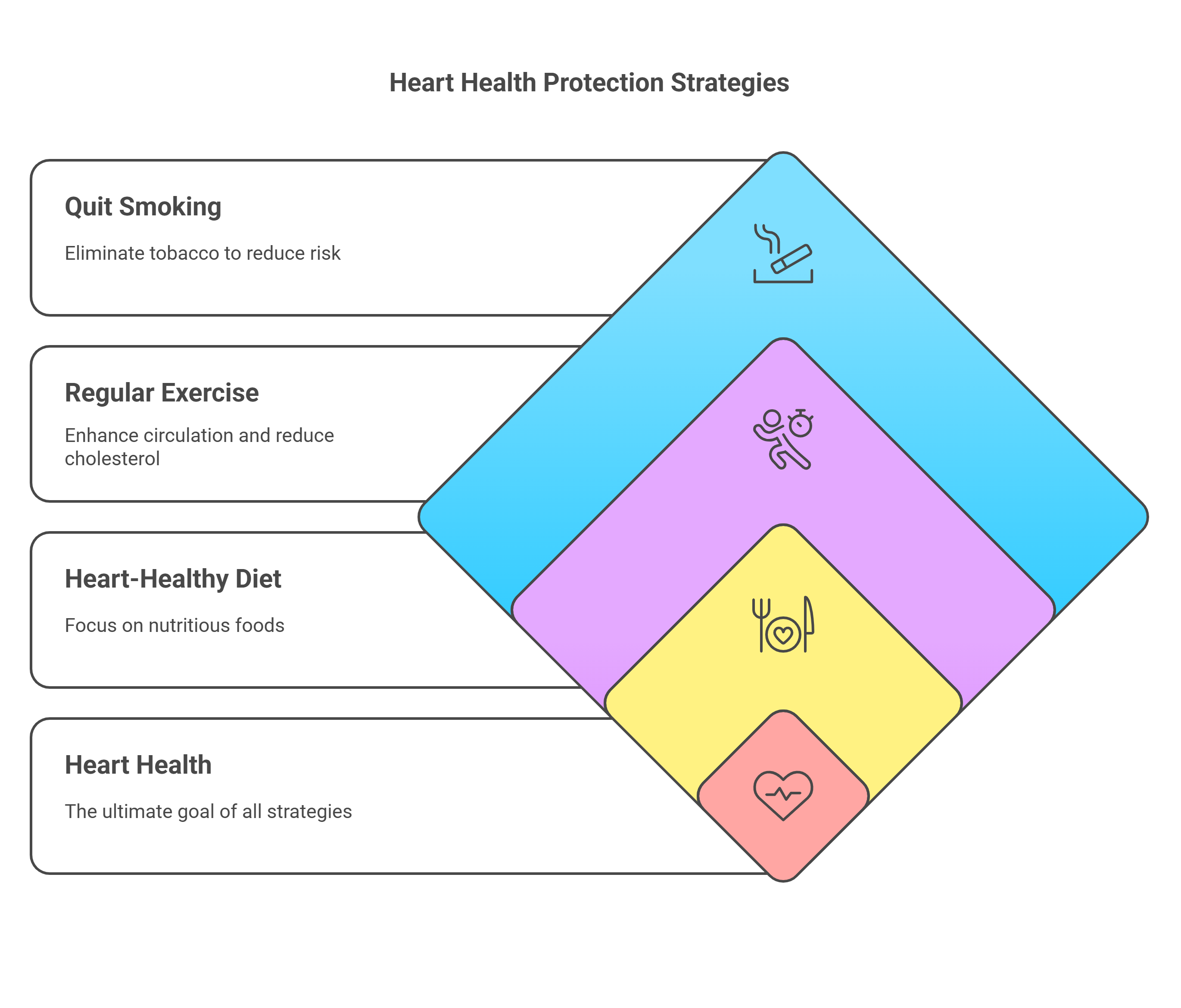
Understanding Lipoprotein(a): What You Need to Know
Lipoprotein(a), often abbreviated as Lp(a), is a cholesterol variant that carries cholesterol through your bloodstream, similar to low-density lipoprotein (LDL) and high-density lipoprotein (HDL). But what makes Lp(a) unique? Primarily, it's a genetic factor that many individuals are unaware exists within their health profile. In this article, we will take a closer look at why monitoring your Lp(a) levels is critical for maintaining heart health.
In 'Lipoprotein(a) and Heart Disease At a Glance', the discussion dives into the risks associated with high Lp(a) levels, exploring key insights that sparked deeper analysis on our end.
Why Lp(a) Matters More Than You Think
Did you know that about one in five people globally have high levels of Lp(a)? Despite its prevalence, most have no idea they are at risk because Lp(a) information is not included in regular cholesterol tests. High Lp(a) levels can significantly increase the risk of heart attacks, strokes, and a range of cardiovascular diseases. Recognizing the importance of Lp(a) can be life-changing; it may help uncover hidden risks that standard cholesterol tests miss.
Genetics: The Unseen Culprit
Genetics plays a vital role in determining your Lp(a) levels. Individuals with family histories of high Lp(a) levels are at a higher susceptibility, especially those of South Asian or African descent. For women over 50, the chances of having elevated levels increase further due to hormonal shifts. If you know someone in your family with high Lp(a), or if you are aware of familial hypercholesterolemia (FH), you may want to consider getting tested and discussing your Lp(a) levels with your doctor.
Risk Factors and Complications Linked to High Lp(a)
While you may have normal readings for other cholesterol markers, don't let that fool you into feeling secure about your heart health. High Lp(a) can lead to the accumulation of plaque in your arteries, thickening their walls, and blocking blood flow, which could ultimately increase your risk for serious conditions like peripheral artery disease (PAD) and aortic stenosis. Understanding these risks can empower individuals to take preventative measures.

Ways to Protect Your Heart Health
Unfortunately, there’s no lifestyle change that can directly reduce Lp(a) levels since they are set early in life. However, you can enhance your overall heart health by embracing certain habits. Here are a few practical tips:
Eat a Heart-Healthy Diet: Focus on whole grains, fruits, vegetables, and lean proteins.
Stay Active: Aim for regular exercise to enhance circulation and reduce other cholesterol levels.
Quit Smoking: Eliminating tobacco can significantly reduce your heart disease risk.
Manage Your Weight: Maintaining a healthy weight can alleviate pressure on your heart.
Prioritize Sleep: Quality sleep contributes to overall well-being and heart health.
While these practices can’t lower your Lp(a), they will help manage your overall risk for heart disease, ensuring you're doing your best to protect your health.
Testing for Lp(a): A Step Often Overlooked
Despite the significance of knowing your Lp(a) levels, many people don’t think to ask for this test during routine check-ups. It is crucial to discuss the relevance of the Lp(a) test with your healthcare provider, especially if you have a family history of early heart disease. A simple blood test can lead to enormous benefits, allowing for early detection and preventative care.
In conclusion, understanding lipoprotein(a) can be a game-changer in your heart health journey. While it may seem just another test to consider, the information it provides can lead to actions that significantly lower your risk of severe cardiovascular conditions.
Take control of your heart health today! Speak with your healthcare professional about testing for lipoprotein(a) and make informed decisions that can protect your wellbeing and future.
 Add Row
Add Row  Add
Add 




 Add Row
Add Row  Add
Add 

Write A Comment